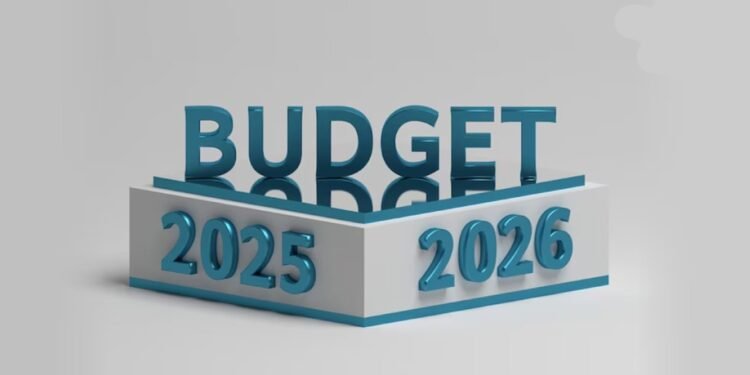Vodacom’s recently announced major acquisitions provide the Pan-African operator the opportunity to augment its market share against its primary competitors MTN and Orange, according to Fitch Solutions.
These two large-scale acquisitions include controlling 55% stake in Vodafone Egypt from its UK parent Vodafone Group for ZAR41 billion (US$2.7 billion). Secondly, Vodacom is acquiring a 30% stake in the assets of Community Investment Ventures Holdings (CIHV), owner of South African fibre infrastructure companies Vumatel and Dark Fibre Africa (DFA). Altogether, the joint venture will become a new fibre infrastructure entity named InfraCo.
Currently, MTN and Orange, Vodacom’s primary competitors have a far larger market share than Vodacom, with MTN present in 21 markets across the Middle East and Africa (MEA) with 277.3 million customers at the end of Q2 2021. Orange operates in 18 MEA markets with around 132 million customers.
Vodacom’s Success with M-PESA Drives Purchase
Meanwhile, Vodacom has around 85 million customers with the exclusion of its Kenyan Safaricom operation and is present in six markets in Sub-Saharan Africa (SSA). With its Vodafone Egypt acquisition, it will enter North Africa for the first time and will add around 42 million customers to its portfolio. This is in line with Fitch’s view of Egypt’s telecom market, considering it “a boon for Vodacom”.
This follows a series of failed attempts by Saudi Telecommunications Company (STC) to acquire Vodafone Group’s 55% stake in Vodafone Egypt. Vodacom sealed the deal at a price of US$2.7 billion. The remaining 45% stake will continue to be held by Telecom Egypt, the incumbent fixed-line operator.
Looking at Vodacom’s activities, the company already has extensive experience in mobile financial services (MFS) with its M-Pesa being the brand’s strongest contributor to value-added services, making up 6.3% of the Group’s entire service revenue in Q2 2021.
“We find it likely that Egypt’s potential as a regional financial technology (fintech) hub was a primary driver behind Vodacom’s decision to pursue the acquisition. Egypt’s highly conducive market for the uptake of mobile financial services presents Vodacom with a substantial opportunity to leverage its already established mobile payments products.”
Fitch Solutions
Vodacom to Benefit from Egypt’s Telecom Market
Egypt is endowed with a large unbanked proportion of its population and a mobile penetration rate of around 93% in Q2 2021, creating a huge market for growth on which to leverage fintech applications. Egypt has a youthful, tech-savvy population that supports the adoption of advanced data services.
In accordance with the positive outlook on Egypt’s markets, Vodacom’s entry will lead to a medium-term increase in competition, particularly between Vodacom and Orange.
“Vodacom will benefit from gaining a majority market share on the day of its entry, and as such, Orange is likely to engage in an aggressive pricing strategy to cannibalise some of Vodacom’s users.”
Fitch Solutions
This is likely to have a ‘dilutive effect’ on average revenues per users. Vodacom and Orange have considerable experience in offering a successful MFS service and so are likely to allocate additional resources to increase their existing service to gain a competitive edge against the other.
Fitch Solutions, however flagged downside risk associated with the acquisition of the assets, which is about “the popularity of mobile broadband” because Vodacom’s investment is in fibre infrastructure. “We believe that mobile broadband will be the primary form of access out to the end of our forecast period in 2030 given its level of current coverage and cheaper costs.”
READ ALSO: Anlo Traditional Council Resolve to Find Lasting Solutions to Tidal Wave Devastation on Anlo Coast























